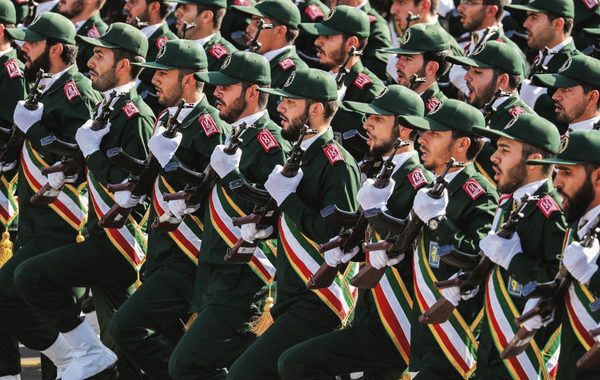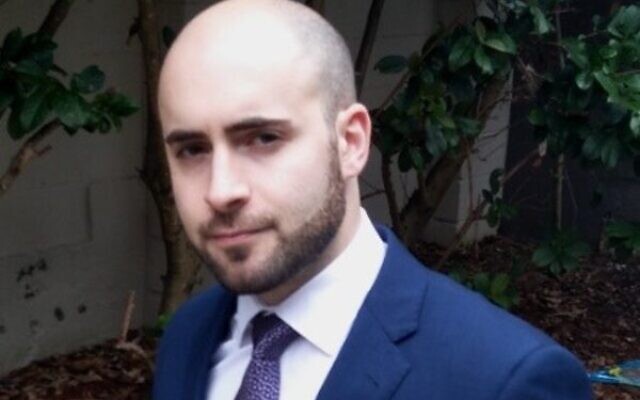Australia’s ongoing near silence on Iran
Since March 20, the Labor government has imposed no new sanctions against Iran, and it had to be pressured, both internally and externally, to impose even the sanctions announced on December 10, February 1 and March 20.
On August 8, the UK and Canada imposed a new tranche of sanctions, as they do regularly, against Iranian entities and individuals involved in supplying drones to Iran’s Islamic Revolutionary Guard Corps (IRGC) and its regional allies and proxies, as well as to Russia.
In the case of Canada, sanctions were also imposed against Iranian officials involved in horrific domestic human rights abuses. According to the official statement, this sanctions package, Canada’s 13th since October 2022, “builds on Canada’s efforts to align with designations announced by the European Union, the United Kingdom, and the United States”.
Australia is once again conspicuously absent from that list. Since March 20, the Labor government has imposed no new sanctions against Iran, and it had to be pressured, both internally and externally, to impose even the sanctions announced on December 10, February 1 and March 20. It took months for Australia to even condemn Iran for its support of Russia’s war in Ukraine, support that has only increased and now includes not only drones and body armour, but artillery shells and millions of rounds of small arms ammunition, as well – a reality Australia alone among our allies seems to be ignoring.

In fact, since May 19, when Iran executed Majid Kazemi, Saeed Yaqoubi and Saleh Mirhashemi, Foreign Minister Penny Wong seems to have entirely ignored what the Iranian regime is doing to its own people and its region, not to mention its assistance to Russia in Ukraine. That was nearly three months ago. In the interim, Iran has reportedly hanged many more individuals without genuine due process – at least 423 people have been executed in 2023 alone, and likely far more.
In addition, Iran’s so-called “morality police” are back to patrolling and arresting women for not wearing the hijab “properly”. Silence from Australia.
The Senate’s Foreign Affairs, Defence and Trade References Committee report on its inquiry into human rights implications of recent violence in Iran which, among other things, called for dramatically expanding sanctions and listing the IRGC as a terrorist organisation, has been almost completely ignored by the government. That report noted the government’s inability or unwillingness to explain why it lagged so often and so far behind its allies in terms of timing and amount of sanctions, and these questions still haven’t been answered.
Meanwhile, the UK announced it was establishing a new sanctions regime on July 6 specifically targeting Iran, an announcement that included yet more sanctions on Iranian individuals and entities. On July 20, the Council of the European Union also adopted “a new framework for restrictive measures in view of Iran’s military support of Russia’s war of aggression against Ukraine”, and sanctioned six more Iranian officials.
To add insult to injury, in the midst of its virtually complete inaction and silence on the actions of the Iranian regime – overwhelmingly acknowledged as the primary cause of suffering and instability in the Middle East – the government has found the time and political will to suddenly launch a diplomatic broadside against Israel, declaring that it will now start referring to all of the West Bank, including east Jerusalem, and Gaza as “occupied Palestinian territory”, and all settlements as “illegal”.
Such a misguided policy change targeting a close partner, coupled with the government’s reluctance to do or even say anything effective on the Iran issue, only undermines Australia’s credibility in the Middle East, and suggests virtue-signalling and other problematic priorities have come to characterise much of Labor’s foreign policy.
Oved Lobel is a policy analyst at the Australia/Israel & Jewish Affairs Council (AIJAC).


comments